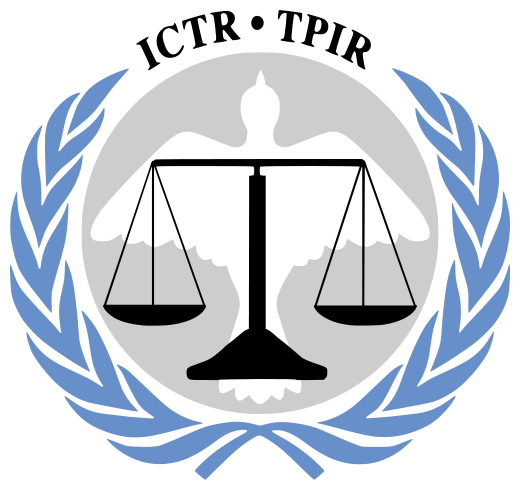As for the fugitives, Mr. Jallow urged them to turn themselves in and stand trial in “very transparent and impartial” judicial processes.
“There is no time limit to the prosecution of these cases. Your hiding does not pay off. The mechanism will not relent,” Mr. Jallow said.
Based in Arusha, Tanzania, the ICTR was set up after the 1994 Rwandan genocide, when at least 800,000 ethnic Tutsis and politically moderate Hutus were killed during a span of three months beginning in April 1994.
The Security Council has urged both the ICTR and the International Criminal Tribunal for the former Yugoslavia (ICTY) to conclude their work by the end of 2014.
It set up the International Residual Mechanism for Criminal Tribunals (IRMCT) in December 2010 and mandated it to take over and finish the remaining tasks of the two courts when they are closed after their mandates expire. The ICTR branch of the Residual Mechanism began its functions on 1 July 2012 in Arusha, while the branch for ICTY will start this coming July in The Hague.
Members of the Security Council had emphasized that establishing the Residual Mechanism was essential to ensure that the closure of ICTR and the ICTY “does not leave the door open to impunity for the remaining fugitives and for those whose appeals have not been completed.”
“The ICTR has concluded the trial phase of its work and is currently focused on management of appeals, and legacy and closing issues,” Mr. Jallow has said.
During its operations, it indicted some 93 people, all of whom were arrested with the exception of nine men. Augustin Bizimana, the Minister of Defence of the interim Government during the time of the atrocities; Félicien Kabuga, who is believed to have financed the genocide; Protais Mpiranya, who as Commander of the Presidential Guard Battalion in the Rwandan Army allegedly oversaw all the units in the battalion; as well as Fulgence Kayishema, Pheneas Munyarugarama, Charles Sikubwabo, Aloys Ndimbati, Ladislas Ntaganzwa and Charles Ryandikayo.
The Office of Global Criminal Justice – headed by Stephen J. Rapp, Ambassador-At-Large for War Crimes Issues in the Office of Global Criminal Justice who also attended the press conference – is offering up to a $5 million reward for information leading to the arrest or conviction of any of the nine men.
“We are still very optimistic that we will track and find and bring them to justice,” Mr. Jallow said. “It is not an easy task to track.”
The Prosecutor noted that the men on the run make every effort to evade the trackers by changing their identities, relocating to different terrains and sometimes assisted by slow cooperation of Member States.
“There is nonetheless intense activity ongoing,” he added.
Given that there is no time limit to be prosecuted, the residual mechanism can be activated at any time to try the men. In addition, precautions have been taken to secure evidence against the accused and preserve testimony, if witnesses are no longer available to participate in person at future trials.
Sidebar
INTERNATIONAL CRIMINAL TRIBUNAL FOR RWANDA
Recognizing that serious violations of humanitarian law were committed in Rwanda, and acting under Chapter VII of the United Nations Charter, the Security Council created the International Criminal Tribunal for Rwanda (ICTR) by resolution 955 of 8 November 1994.
The purpose of this measure is to contribute to the process of national reconciliation in Rwanda and to the maintenance of peace in the region. The International Criminal Tribunal for Rwanda was established for the prosecution of persons responsible for genocide and other serious violations of international humanitarian law committed in the territory of Rwanda between 1 January 1994 and 31 December 1994.
It may also deal with the prosecution of Rwandan citizens responsible for genocide and other such violations of international law committed in the territory of neighbouring States during the same period.
By resolution 977 of 22 February 1995, the Security Council decided that the seat of the Tribunal would be located in Arusha, United Republic of Tanzania.




